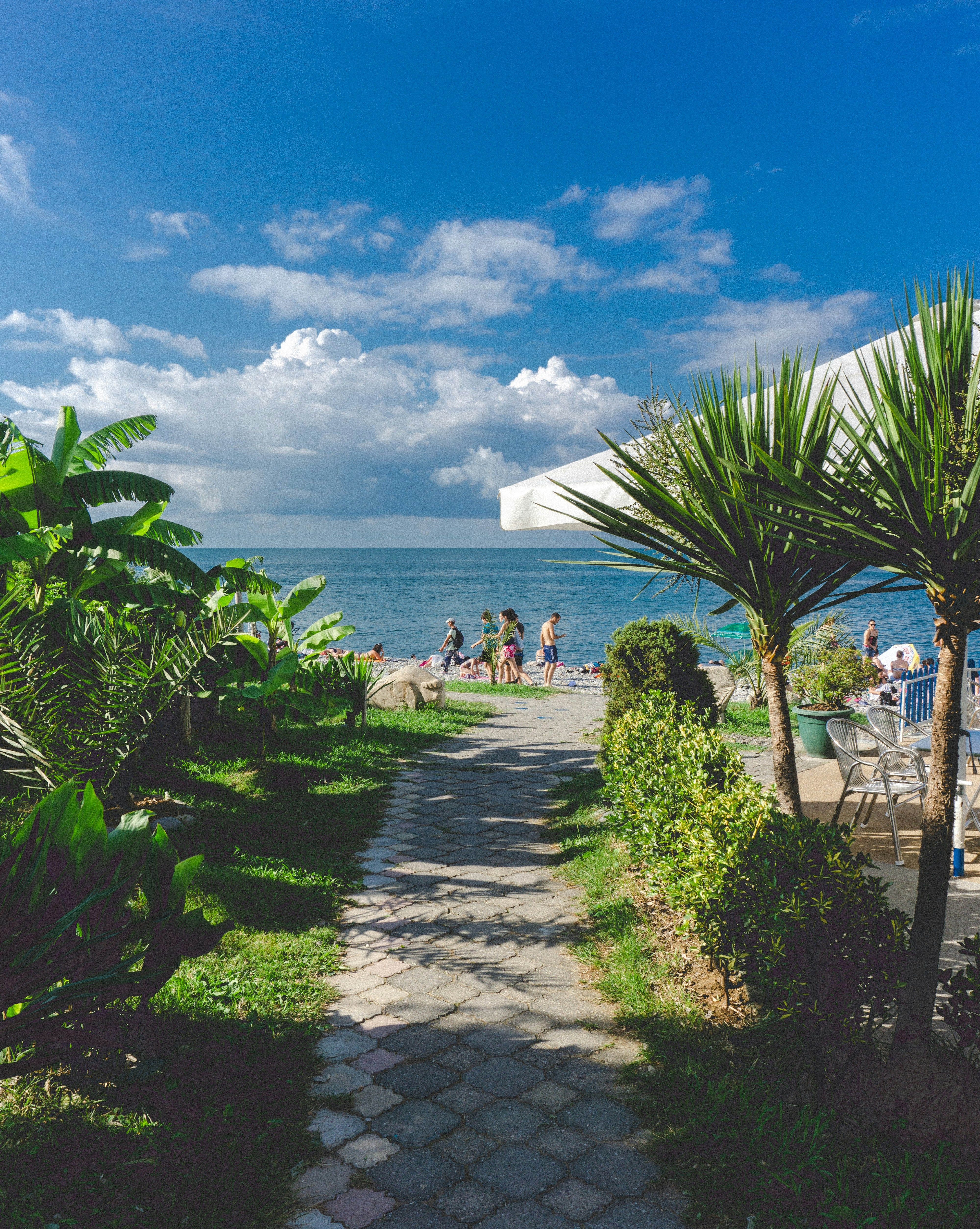Navigating Life with a New Partner Post-Abuse: Strategies and More
Navigating a new relationship after experiencing abuse can be challenging. The effects of abuse can linger, affecting trust, self-esteem, and emotional vulnerability. However, with the right strategies and support, healing and love are attainable.
Abuse can manifest in various forms, including physical, emotional, and sexual. In the United States, nearly half of women and over a fifth of men have experienced intimate partner violence, according to recent statistics. The impacts of abuse can be both short-term and long-lasting, affecting individuals in various ways.
Christian, a travel expert, shares his experience of emotional abuse. He tells a harrowing story of control, manipulation, and emotional violence that left him with deep emotional wounds. The physical impact was also significant, with stress and emotional turmoil taking a toll on his overall health.
Brittney, a professional photographer, experienced emotional and financial abuse in her past relationship. The emotional onslaught stripped her of her self-worth and sense of identity. After leaving her abusive partner, Brittney committed to healing and self-discovery.
Both individuals found love again by prioritizing healing and self-care, establishing clear boundaries, and building trust gradually. Both emphasize the importance of therapy, self-reflection, and open communication in their healing processes.
If you're considering dating again after experiencing abuse, it's essential to prioritize healing before jumping into a new relationship. Seek the support of a mental health professional, reconnect with your body through activities like yoga and meditation, and practice self-care. As you heal, begin to set clear boundaries and communicate them to potential partners.
Living with a partner who has experienced abuse can be challenging but rewarding. Listen patiently, validate their feelings, and be empathetic toward their healing process. It's essential to create a safe environment, set boundaries, and give space to communicate openly.
The healing journey after abuse is not linear, so be patient with yourself and your partner. Healing takes time, but with the right resources and support, it's possible to build a healthy, fulfilling relationship.
It's crucial to avoid falling into abusive patterns in a new relationship after healing. Recognize signs of abusive behavior and stand up against it to protect oneself.
Healing from abuse may involve addressing the impact of abusive behavior on one's self-image and relationships, requiring ongoing self-awareness and maintaining a commitment to personal growth.








